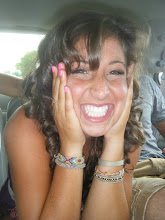"The Man I Killed," reveals a lot about the author of the story. Tim rarely participates in the violent action until this chapter in the story where he contemplates on the man that he killed. Throughout the chapter, he continues to repeat himself while describing the young man, as if he knew him. This displays O'Brien as a gentle man. Yes, he was a man at war, but at the same time he didn't put his whole self into the violence. He was there because he had to be, not by choice, and you can see his sensitivity towards death when he stares at the dead man.
"Tim, it's a war. The guy wasn't Heidi- he had a weapon, right? It's a tough thing, for sure, but you got to cut out that staring," (page 120).
It is funny how Kiowa tries to rationalize killing in this scene with his allusion to Heidi, a young girl who is in care of her grandfather in the novel Heidi's Years of Wandering and Learning. (http://en.wikipedia.org/wiki/Heidi) Obviously there is a reason to feel guilty if they have to try and convince themselves they had a good reason for doing so. I do not know where I stand on the killing in war. I know that it comes with the job and that is what they are trained to do, but is that how one is supposed to justify it? One HAD to do it because it is their responsibility? Would one call it murder or self defense? It just seems too complicated to give definite answers to these questions.
Thursday, August 12, 2010
Subscribe to:
Post Comments (Atom)


No comments:
Post a Comment